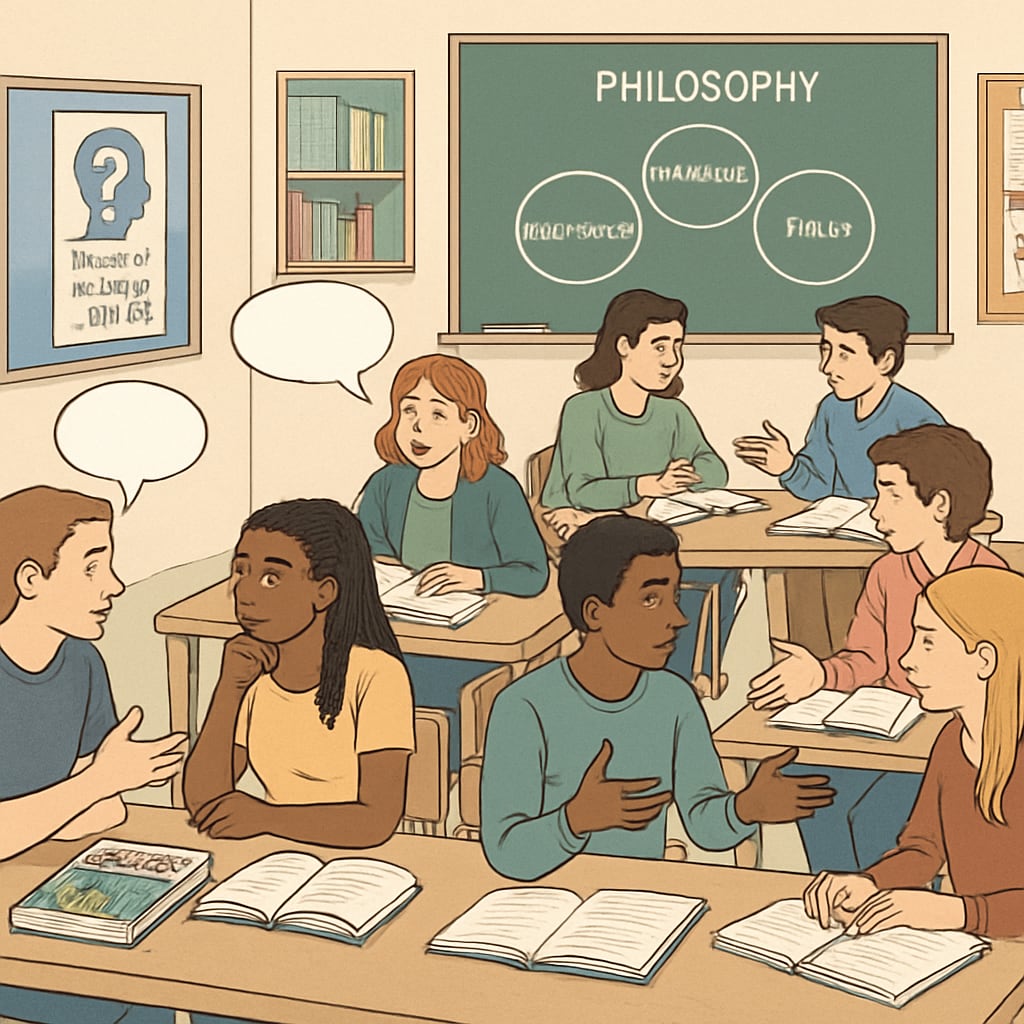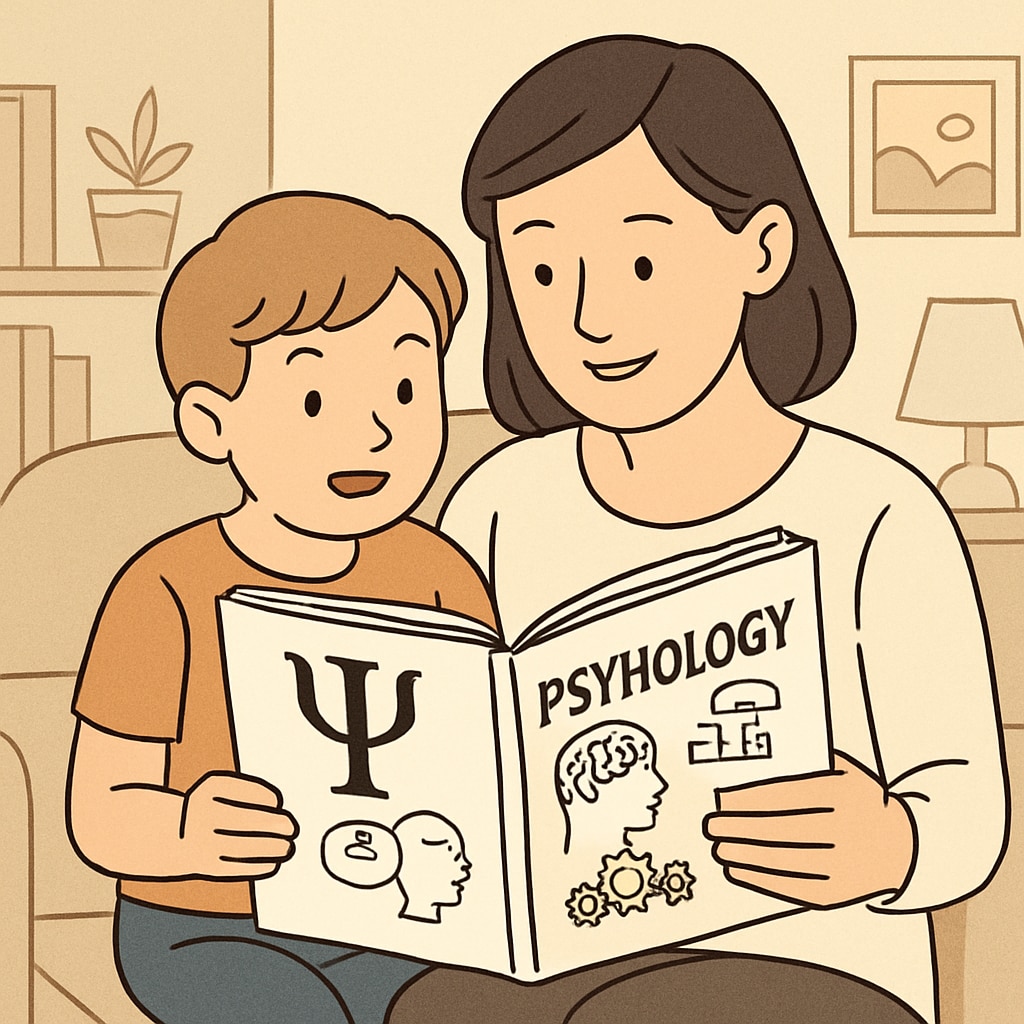Psychology, philosophy, and the art of learning through hobbies can transform K12 education by nurturing critical thinking and self-awareness among students. While these subjects are often reserved for advanced academic study, introducing them as extracurricular interests during childhood can be both enriching and empowering. In this article, we explore practical approaches for educators and parents to guide young learners in exploring these profound disciplines.
The Benefits of Psychology and Philosophy in K12 Education
Psychology (the study of human behavior and mental processes) and philosophy (the exploration of knowledge, existence, and ethics) offer a foundation for deep thinking and personal growth. Incorporating these subjects as hobbies during K12 education provides several benefits:
- Enhanced self-awareness: By exploring psychological concepts, students can better understand their emotions and thought patterns.
- Critical thinking: Philosophical inquiry encourages students to question assumptions and analyze ideas logically.
- Lifelong curiosity: These fields stimulate curiosity, prompting children to seek answers to complex questions about themselves and the world.
As a result, introducing psychology and philosophy as hobbies can complement traditional academic subjects, helping students develop skills that are essential for personal and professional success.

Practical Strategies to Encourage Interest
Introducing psychology and philosophy as hobbies requires careful planning and age-appropriate resources. Here are some strategies for educators and parents:
- Interactive books: Choose books like “The Psychology Book” by DK or “Philosophy for Kids” by David White to make complex topics accessible.
- Games and activities: Use thought experiments (e.g., the “Trolley Problem”) or psychology-based games to engage students in critical thinking.
- Discussion groups: Organize informal philosophy clubs or psychology workshops where students can explore ideas collaboratively.
- Multimedia resources: Leverage podcasts, TED Talks, and online courses tailored for beginners, such as Khan Academy’s psychology videos.
By implementing these strategies, educators and parents can create an environment that fosters curiosity and intellectual growth.

Age-Appropriate Resources for K12 Students
When introducing psychology and philosophy as hobbies, it’s critical to select resources that align with the developmental stage of the learner:
- Elementary school: Focus on simple concepts like emotions, mindfulness, and basic ethical questions. Interactive storybooks or age-appropriate apps can be effective.
- Middle school: Introduce foundational theories in psychology and philosophy, such as Maslow’s hierarchy of needs or Socratic questioning techniques.
- High school: Dive deeper into topics like cognitive biases, existentialism, and moral philosophy through advanced books, documentaries, or classroom debates.
Tailoring resources to the student’s age ensures that the material is engaging and comprehensible, paving the way for meaningful exploration.
Making Learning Fun and Accessible
To sustain interest in psychology and philosophy, it’s crucial to make the learning process enjoyable. Here are additional tips:
- Storytelling: Use narratives to explain complex ideas. For example, introduce Freud’s theories through relatable anecdotes.
- Role play: Encourage students to act out philosophical dilemmas or psychological case studies to deepen their understanding.
- Real-world application: Show how these disciplines impact everyday life, such as decision-making, empathy, or personal growth.
Making these subjects relatable and interactive helps students see their relevance, inspiring them to explore further.
Conclusion: Planting the Seeds of Wisdom
Psychology and philosophy have the potential to transform young minds, fostering introspection and intellectual curiosity. By introducing these subjects as hobbies during the K12 phase, educators and parents can empower students to navigate life’s complexities with confidence and clarity. Whether through books, discussions, or creative activities, the journey into these disciplines is both rewarding and enriching.
Encourage your child or student to explore psychology and philosophy—not merely as academic subjects but as lifelong passions that shape their understanding of the world and themselves.
Readability guidance: Use short paragraphs, lists, and accessible resources to engage readers of various ages. Maintain a balance between academic depth and practical applicability.


